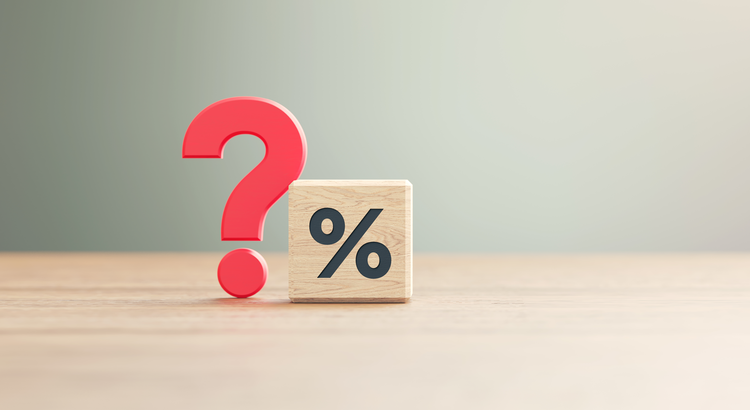Rising Inventory Means This Spring Could Be Your Moment

Rising Inventory Means This Spring Could Be Your Moment Want to know two reasons this spring might finally be your time to buy? Inventory has grown and sellers may be more willing to negotiate as a result. That means you’ve got more options and more power than buyers have had in years. Let’s brea
Read MoreWhat You Need To Know About Homeowner’s Insurance

What You Need To Know About Homeowner’s Insurance Homeowner’s insurance is a must-have to protect what’s probably your biggest investment – your home. And while you never want to think about worst-case scenarios, the right coverage is basically your safety net if something goes wrong. Here’s how
Read MoreExpert Forecasts for the 2025 Housing Market

Expert Forecasts for the 2025 Housing Market Wondering what’s in store for the housing market this year? And more specifically, what it all means for you if you plan to buy or sell a home? The best way to get that information is to lean on the pros. Experts are constantly updating and revising the
Read More
Recent Posts










